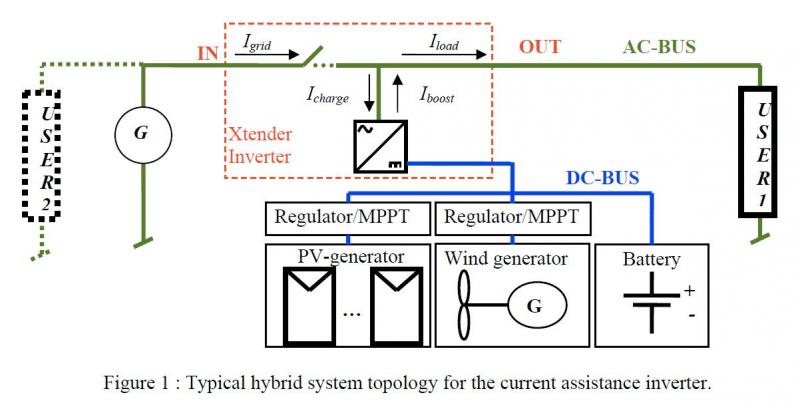In the final analysis, you are up against the laws of physics, so long as the load (in winter) remains as it is. No piece of equipment, no matter how clever or expensive, could prevent the full current being used going through the site owners 16A MCB!As I said before I was curious to whether a solution other than the one I offered ("use less power then,dummy!") existed, even if it was a prohibitively expensive, bespoke piece of equipment that I was unaware of.
As has been said, the only way in which 'clever equipment' could help would be if it automatically switched off (or reduced) some of the loads if/when the total demand became excessive.
What sort of loads are we talking about, and for what periods of time? Although it's obviously not good practice to 'let' it happen, a B16 MCB ought to allow about 23A (about 5.3kW) to flow for about an hour before tripping.
Kind Regards, John


